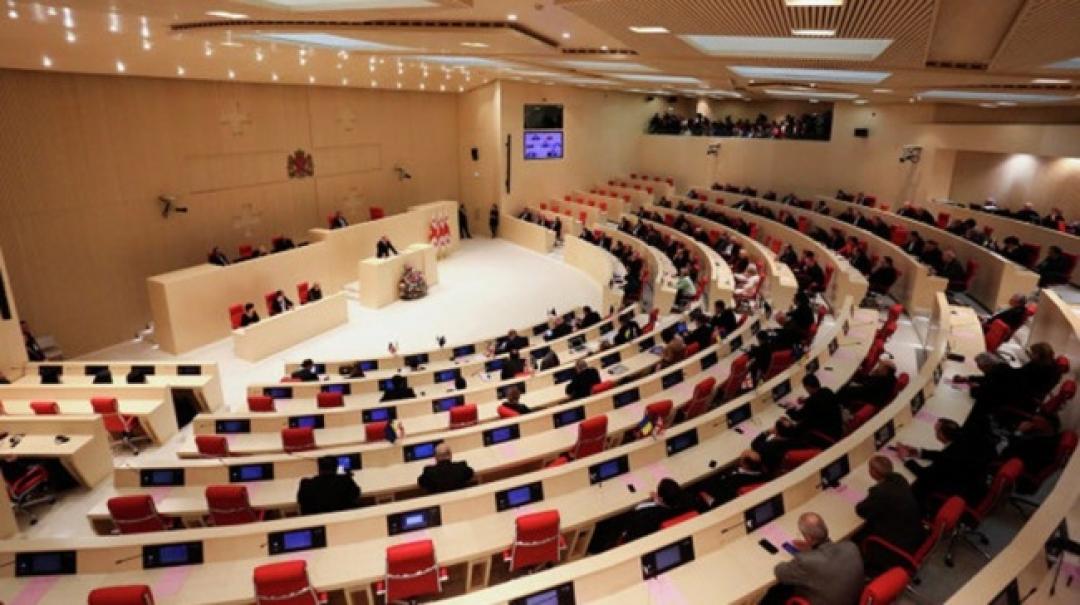
Political crisis in Georgia continues

On July 28, it was announced that the "Georgian Dream" party withdrew from the agreement concluded earlier with the opposition to resolve the political crisis. The President of the European Union Charles Michel reminded the Georgian authorities of the need to fulfil the agreements against the background of the approaching deadlines for the provision of financial assistance from the EU. Georgian Prime Minister Irakli Garibashvili said on August 31 that the country's authorities decided to refrain from receiving 75 million euros from the European Union, explaining that Georgia has begun to reduce its external debt and therefore there is no need to receive more money. An Georgian economic recovery plan has been outlined in connection with the resumption of work of enterprises after stagnation during the pandemic. However, the authorities’ refusal to cooperate with the European Union creates the preconditions for a decrease in investment and an economic downturn.
Georgian parliamentary elections were held on October 31, 2020, after which the opposition announced a boycott of the work of the legislature. As a result, a political crisis arose in the country. To resolve it, the authorities and the opposition entered into an agreement on April 19. The document was presented by the President of the European Council Charles Michel and stated that if the ruling party gains less than 43% in the upcoming local elections in the fall, early parliamentary elections will be called in 2022. In addition, an amnesty was proposed for everyone who was involved in the case of the riots at the June 2019 rally. The agreement also provided for reforms in the electoral and judicial spheres. "Georgian Dream" is not willing to return to an agreement with the opposition, as it threatens the party with a loss of power because of the elections.
The leader of the opposition movement "Droa!" Elene Khoshtaria drew attention to the fact that "Georgian Dream" unilaterally cancelled the agreement between the government and the opposition, having withdrawn its signature, arguing that it was not signed by the largest opposition party, “United National Movement.”
"After that, the authorities allegedly refused the financial assistance of the European Union. From the outside it is clear who is on the European path and who is following the anti-Western path," she said on the Georgian TV channel Mtavari Arkhi.
MP Giorgi Bokeria, leader of the opposition party "European Georgia," said that representatives of his party had earlier suspicions that "Georgian Dream" would bring the country to a crisis, and current events confirmed these expectations.
The authorities’ actions are caused primarily by the interests of "the real state interests and the interests of the people," explained the Prime Minister of Georgia Irakli Garibashvili. The ruling party withdrew its signature from the agreement after it decided that it could no longer wait for the signature of the United National Movement.
“We waited, and when we didn’t wait, we left this agreement. This agreement would be valence and legitimate when the two main forces sign the document. We are committed to continue the reforms outlined in the agreement. The signature under the agreement of the United National Movement is a farce, a lie and an insult to our population and partners," he said on TV.
The Ambassador of the European Union to Georgia Carl Hartzell said that after United National Movement’s signature, 147 out of 150 MPs from different parties have signed the agreement between the government and the opposition.
"This signature is an important path for democratic reforms, and it is never too late to support and return. These reforms will benefit the citizens of Georgia. The European Union believes that the implementation of all the reforms envisaged by the agreement is in the interests of Georgia. We are ready to cooperate with everyone who is committed to the implementation of these reforms," he said.
See Also


Simonyan: “Armenia Should Trade with Turkey and Azerbaijan Instead of Closing Borders”

Mirzoyan Meets US Deputy Assistant Secretary Joshua Huck

Azerbaijani President Holds Talks with UAE and German Business Delegations on Economic Cooperation

Grigoryan Confirms Armenia’s Readiness to Dissolve OSCE Minsk Group Upon Peace Treaty Signing

